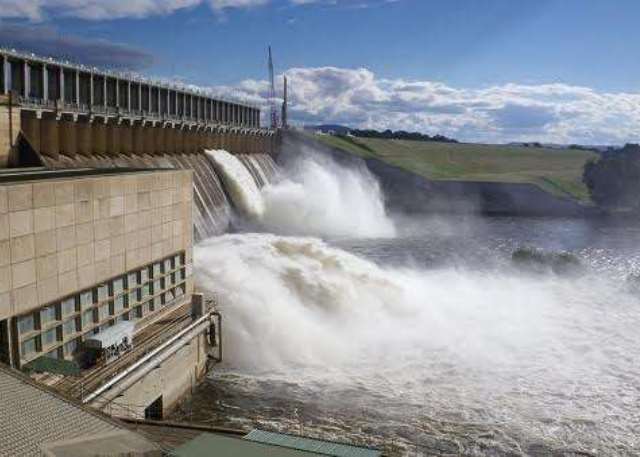The government of Burkina Faso has officially announced the opening of the Bagré Dam to spill excess water beginning Tuesday, August 27, 2025. The spillage, expected to last several days depending on rainfall patterns, is aimed at protecting the dam’s structural integrity as water levels approach their maximum capacity.
The announcement has triggered a high alert across the Volta Basin, particularly in downstream communities in northern Ghana, where annual controlled spillage from Bagré Dam often results in flooding, displacement of residents, destruction of farmlands, and loss of property.
History of Devastation
The Bagré Dam, located in Burkina Faso’s Boulgou Province, is one of the largest in the sub-region. While it serves as a critical hydroelectric and irrigation facility for Burkina Faso, its spillage poses recurrent threats to thousands of communities in Ghana’s Northern, Savannah, North East, and Upper East regions.
In 2010, more than 150,000 people in northern Ghana were displaced following the combined effect of6 torrential rains and spillage from Bagré. Over 30 lives were lost, while roads, schools, and farms were submerged. The World Bank and NADMO estimated damages at over US$200 million (approx. GH¢2.4 billion at the time).
In 2018, at least 100 communities were affected across the Upper East and Northern Regions, destroying thousands of acres of maize, rice, and sorghum farms. Agricultural losses alone were valued at US$50 million (GH¢230 million).
The 2020 spillage displaced over 20,000 residents in the Upper East Region. Damages to roads, bridges, and homes were estimated at GH¢400 million (US$70 million).
In 2022, close to 40,000 people were displaced, while dozens of bridges and feeder roads were washed away, crippling trade and humanitarian access. NADMO placed the economic cost at GH¢1.2 billion (US$120 million).
Calls for Long-Term Solutions
Experts warn that with climate change intensifying rainfall patterns, the impact of such spillages could worsen in the coming years unless a comprehensive Ghana-Burkina Faso joint water management framework is fully enforced.
For decades, Ghana and Burkina Faso have maintained a technical cooperation agreement on the management of the Volta Basin, but analysts say coordination remains reactive rather than preventive. Local leaders and civil society groups in northern Ghana are renewing calls for the government to invest in buffer dams, flood control channels, early-warning systems, and resettlement schemes to reduce vulnerability.
As August 27 approaches, regional security and climate analysts say the coming days will be critical, as Ghana braces for the potential humanitarian and economic consequences of the spillage.



